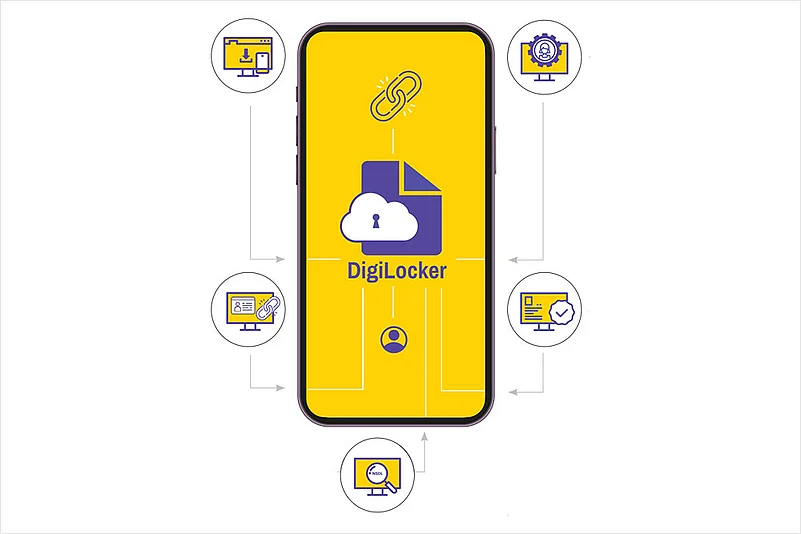The Securities and Exchange Board of India (Sebi) has partnered with the government’s digital wallet, DigiLocker, to help cut down on unclaimed assets in the securities market. Sebi data, as on January 31, 2025, shows Indian investors hold unclaimed funds worth Rs 323 crore and unclaimed securities worth Rs 182 crore.
DigiLocker is a cloud-based digital wallet developed and managed by the Ministry of Electronics and Information Technology. It provides access to digital versions of various documents such as driver’s licence, vehicle registration certificate, bank account statements, insurance policies, and academic mark sheets, among others. Documents issued in DigiLocker are legally equivalent to the originals.
Effective April 1, 2025, investors can use DigiLocker to securely store and access their demat account details, mutual fund statements, and consolidated account statements (CAS).
Steps To Link Financial Accounts With DigiLocker
1. Go to DigiLocker’s official website or download the app. Sign up using your mobile number or Aadhaar and complete OTP verification to get started.
2. Navigate to the ‘Profile’ section on DigiLocker and link your PAN to access financial documents.
3. Click on “Search Documents” on the homepage. Search for “NSDL”, “CDSL”, or “CAMS/KFinTech” (for mutual funds). Choose options like “Demat Holdings Statement” or “Mutual Fund Statement (CAS)”.
4. Select the issuer and enter details like PAN, date of birth, or client ID. Once verified, the documents will be automatically saved in your DigiLocker.
5. Go to the nominee/sharing settings. Add a trusted contact’s email or phone number. In case of your death, your nominee will get access to your financial documents.
What Should Nominees Do?
DigiLocker is linked to the Registrar General of India’s Civil Registration System (CRS), providing access to birth and death certificates.
If a death certificate includes the Aadhaar number, the system automatically updates the status as “deceased”.
While Aadhaar is optional to get a death certificate, without it, DigiLocker may not be able to update the status. In such cases, the information about the demise from the KYC Registration Agencies (KRAs) can be used as an alternative.
If a notifier (family member, nominee, joint account holder, or legal heir) submits a verified death certificate to a Sebi-registered intermediary, the death is recorded in the KRA system, which alerts all financial intermediaries linked to the KYC of the deceased.
These intermediaries then freeze the accounts and inform the notifier(s) about how to claim or transfer the assets.
They can log in to DigiLocker and view the investor’s documents in read-only mode.














